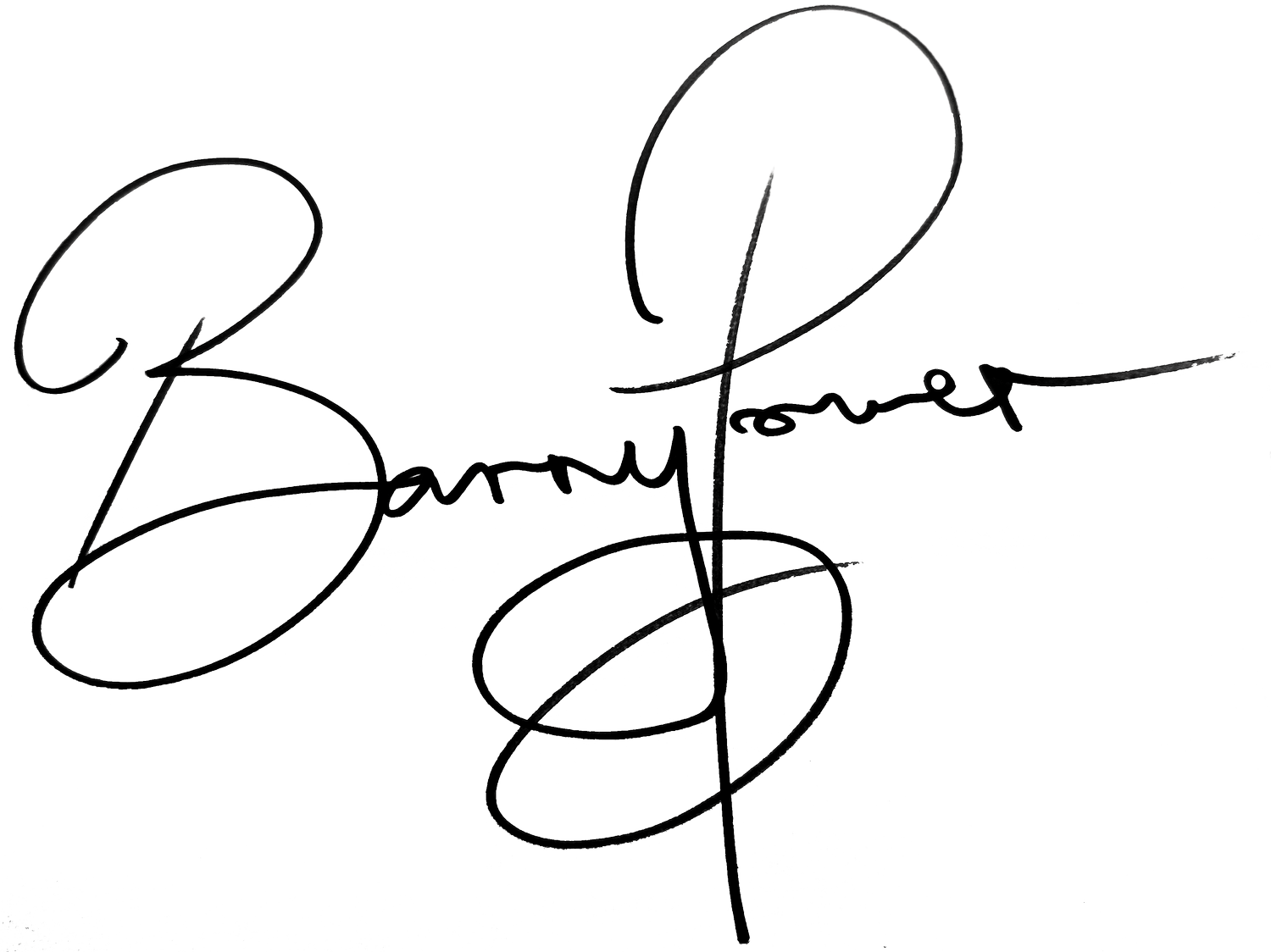Goncharov
So fan-made things are ubiquitous around internet-land. Lately, I have probably been spending too much time scrolling through things and I happened upon a story that really piqued my interest.
Goncharov the 1973 thriller by Martin Scorsese starring Robert DeNiro, Cybil Shepard, and Gene Hackman where De Niro plays a former discotheque owner turned hitman. How have I never seen this? Simple, it doesn’t exist and what's even weirder is it had its inception from a pair of old boots.
Let me explain, a Tumblr user found a pair of knockoff boots, and instead of a typical brand name the tag read “The greatest mafia movie ever made. Martin Scorsese presents GONCHAROV a film by Matteo JWHJ0715 about the Naples mafia”.
Enter the industrious elves of the internet and you have pre-production for the greatest film that never was. Trivia, fake scores, artwork, story outlines, and commentary all now exist for Scorsese's fictional masterpiece. Even joke responses from Wonderwoman Linda carter and Scorsese himself claiming to have made the actual movie years ago.
What I wonder is where the line is drawn between homage and fan art. The only way of creating things is through copying to some degree. Sometimes it's very overt like a songwriter borrowing a chord progression, or when a filmmaker chooses to recreate a shot. Sometimes it’s subconscious where the artist is unaware of where the idea came from, just ask George Harrison about that one. I think fan-made art takes it even further where it can obscure the originator’s credibility.
So what happens when the alternative artwork gets mixed in culturally with the actual artist's works? That fake Scorsese movie? It doesn’t exist and obviously with a little digging that's easy to find out but at first glance, you could be fooled.
This could be influential in discerning an artist's overall body of work in general. Meaning that someone's history could be re-written and therefore misconstrued. This I admit, is unlikely but the idea is there nonetheless.
Is it the ultimate in postmodernism when the author's work is rewritten in a similar but inauthentic voice? Does it matter if the referential and probably well-meaning alternate voice receives the same creedence as the genuine article? The forger becomes the artist. If the art goes on to affect you in the same way does it really matter? Or if you perceive the artist in a different way because of the inauthenticity is that fair?
Maybe it’s just history repeating where everything is simply thrown in that big pop-culture stew as it always been, but it has now become so dense with ingredients that discernment is nigh impossible. Like Digital collage, it can be hard to know what you are really looking at.

